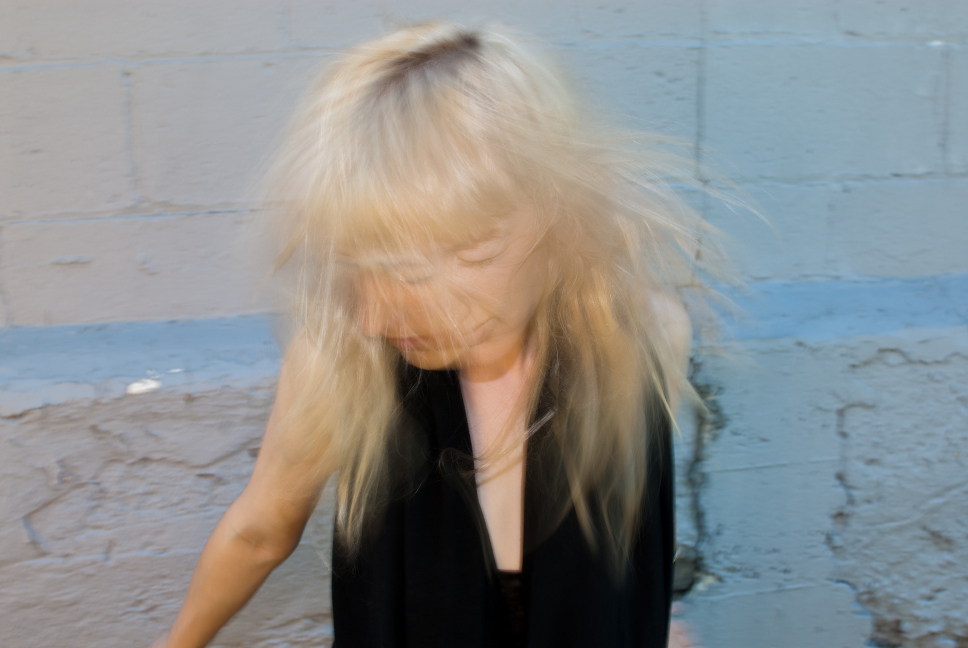
Zola Jesus – Poor Animal
Poor Animal
Zola Jesus
“Poor Animal” begins with what is becoming a trademark sound for Zola Jesus – a haunting, droning monotone and militant drums overlaid by creator Nika Roza Danilova’s distinctive, sonorous voice.
But there’s more. In “Poor Animal” the little marching drummer man has picked up his pace and is fairly skipping along with his drum. He’s also supported by an extra drumming track that’s borderline techno. And there are strings – lots of emotional, pretty, atmospheric strings.
Previous tracks by Zola Jesus create an almost unbearable tension as they build to a crescendo that never arrives. But in “Poor Animal” we get the grand finale, albeit with subtle sophistication. In an uplifting second half, Danilova takes all the space usually left empty by her minimalist approach and fills it with swirling layers of sound that border beautifully on the right side of cacophony.
The result is the most radio-friendly of Danilova’s songs so far – a successful combination of clever experimentation and poppy accessibility, rich and full. Still, one can’t help but miss that goose-bumpy feeling that came from hearing her stunning voice standing alone in the emptiness.
